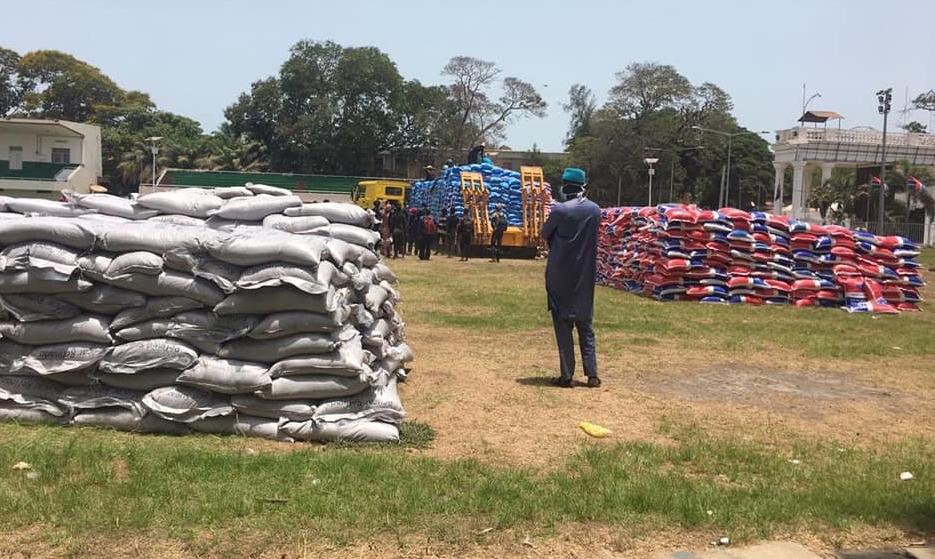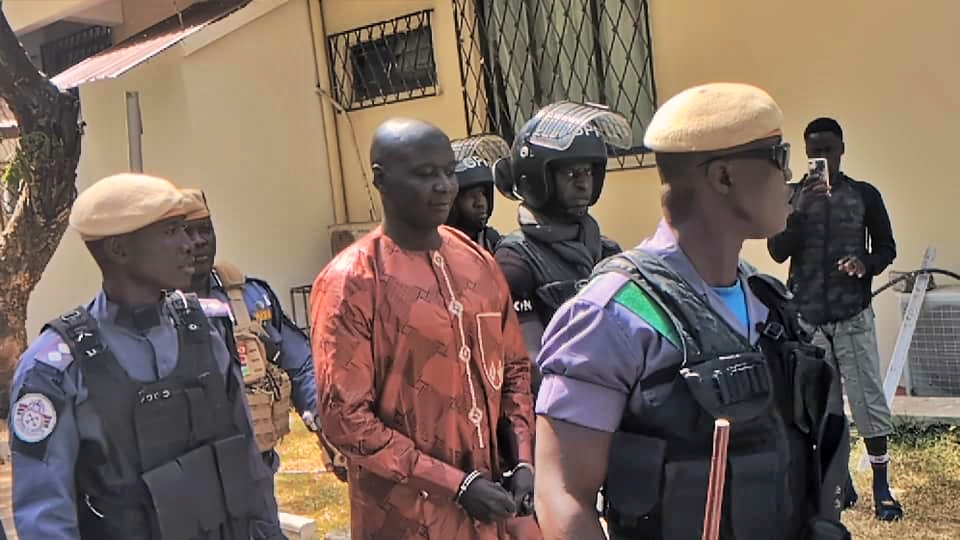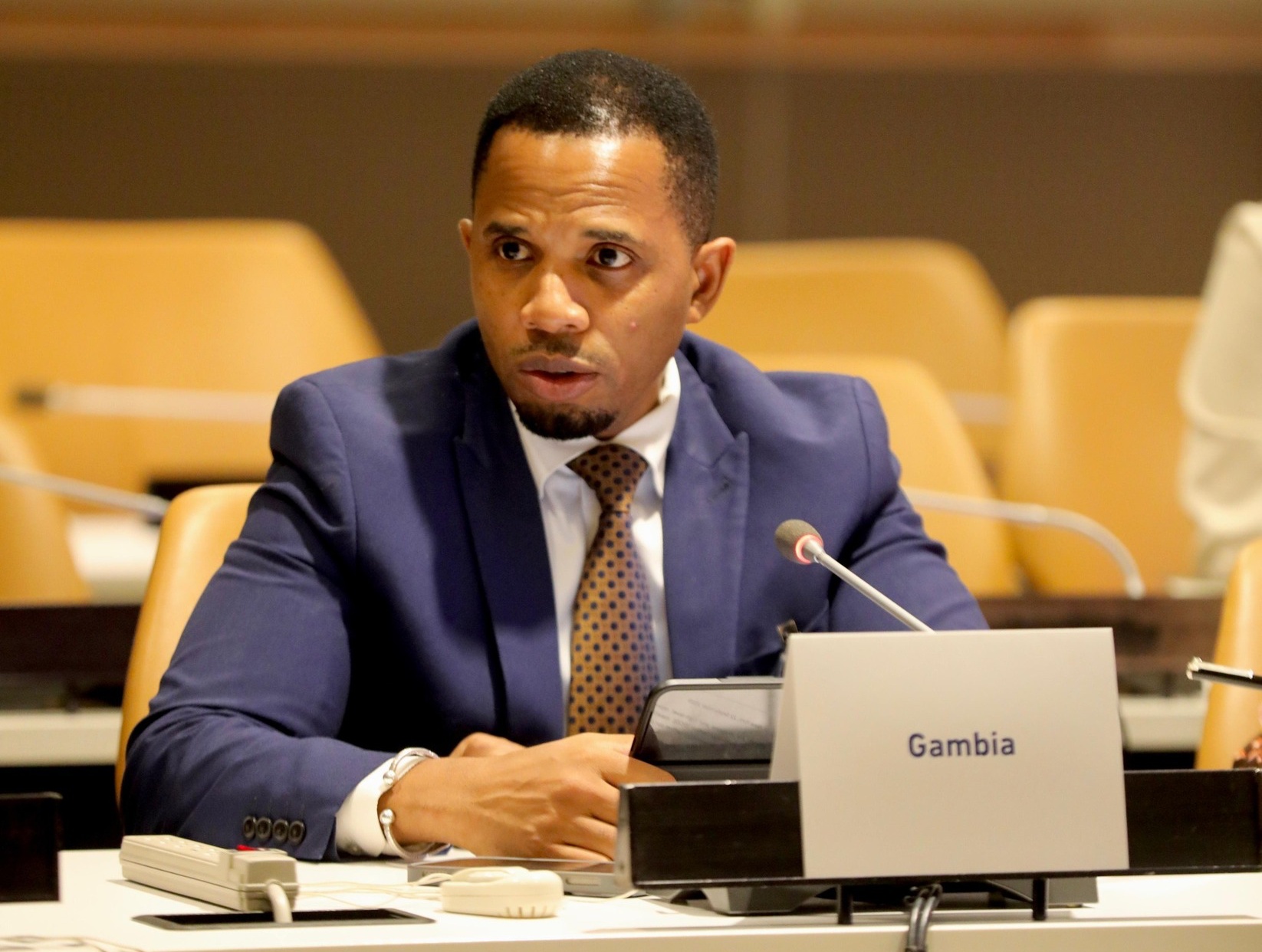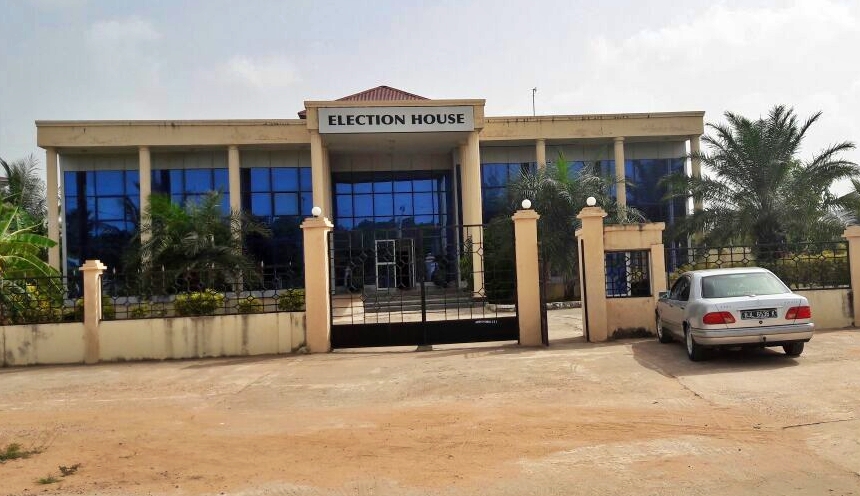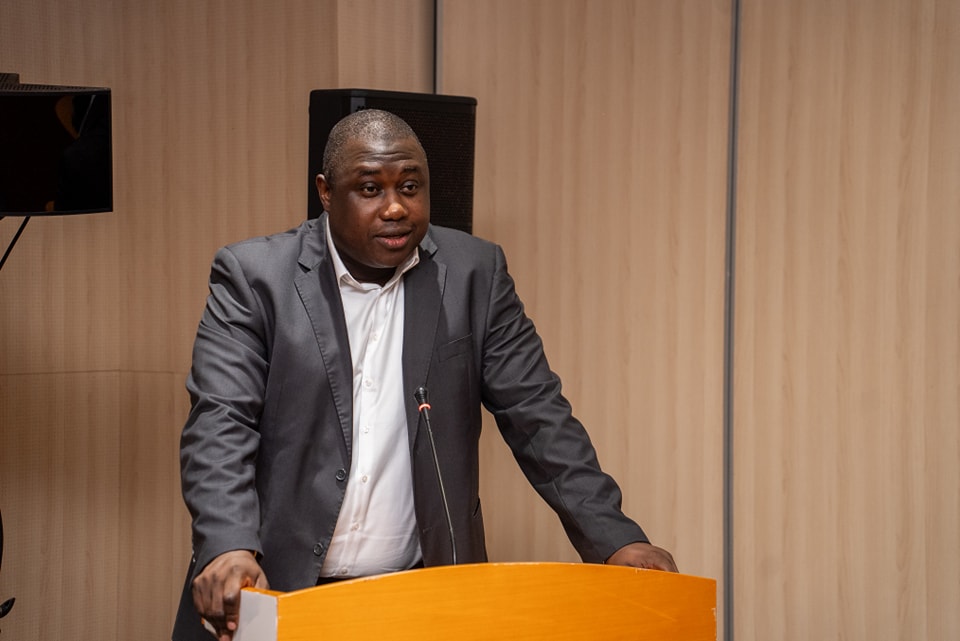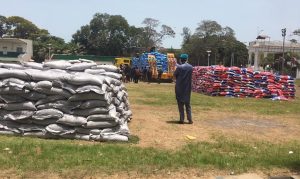Gambiaj.com – (BANJUL, The Gambia) – The Attorney General and Minister of Justice, Dawda Jallow, has put forward two potential solutions to resolve the contentious debate over diaspora voting, as he returned to the National Assembly for the resumption of discussions on The Gambia’s Election Bill.
Addressing lawmakers on the much-debated issue, Minister Jallow outlined two key options that could allow Gambians living abroad to exercise their voting rights in national elections.
The first, he explained, would be to register diaspora Gambians under their home constituencies in The Gambia, enabling them to vote without physically returning to the country.
“They don’t necessarily have to return home to enable them to exercise these political and civil rights. If you don’t demarcate the diaspora into National Assembly constituencies, the only option you have is to go find them there and register them under their home constituencies,” Jallow stated, citing examples of Gambians from Tumana, Wuli East, Kombo East, or Kombo South living in places like London or Berlin who could be registered under their respective constituencies.
The second alternative, according to the minister, is to amend Section 88 of the 1997 Constitution to allow for the formal demarcation of the diaspora into constituencies.
He noted that diaspora leaders had already engaged in discussions with the government and presented a position paper proposing the creation of five diaspora constituencies, which would necessitate a constitutional amendment.
Minister Jallow also addressed allegations that he had influenced National People’s Party (NPP) lawmakers and their allies to remove Clause 14 from the Election Bill—a clause that would have facilitated diaspora voting. He emphasized that his role was merely to clarify the available legal avenues, stating: “I don’t want a situation where people would say I am misleading you. But these are the two options available for diaspora voting.”
Citing a Supreme Court ruling in the case of BB Dabo and others vs. the Independent Electoral Commission (IEC), Jallow clarified that the court recognized that every Gambian, including those living abroad, is entitled to voter registration and participation in elections.
However, he pointed out that the ruling did not compel the IEC to undertake diaspora voter registration, as the commission had cited resource constraints.
“The IEC concedes it is under legal obligations to register Gambians living outside of The Gambia for the purpose of public elections and referenda. However, the exercise of the above obligation is totally dependent on the financial resources of the IEC,” Jallow explained.
He further stressed that legislating diaspora voting rights would not contravene the 1997 Constitution but would rather affirm rights already recognized within it.
Meanwhile, the chairman of the National Assembly Committee on Human Rights and Constitutional Matters, Suwaibou Touray, revealed that during stakeholder engagements, the IEC had expressed commitment to registering diaspora Gambians and had conducted study tours in Senegal and Cape Verde.
However, he noted that the IEC raised concerns about the feasibility of conducting diaspora voting using the traditional marble voting system and had proposed that lawmakers incorporate provisions for both marble and paper ballots in the bill to ensure practicality.
Motion to Reintroduce Clause 14 Blocked
The debate over diaspora voting remained highly contentious during the session. Serekunda NAM Musa Cham moved a motion to reintroduce Clause 14 of the bill, which had previously been removed, in an effort to reinstate provisions for diaspora participation. However, the motion was swiftly rejected by NPP lawmakers and their allies.
Nianija NAM Amadou Camara countered Cham’s motion by calling on the Speaker to rule it out. Acting Speaker Seedy Njie upheld Camara’s counter-motion, dismissing the attempt to reintroduce Clause 14 on procedural grounds. He ruled that the motion required prior notice as a substantive motion, which had not been given.
As the debate over diaspora voting persists, Minister Jallow’s proposals present a possible path forward, balancing constitutional obligations with practical implementation concerns. However, with strong resistance from the parliamentary majority, the fate of diaspora voting remains uncertain.




